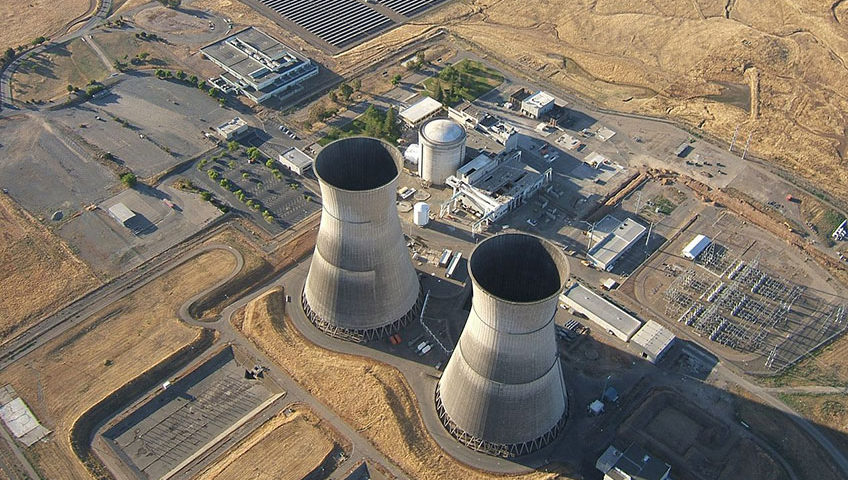In this day and age with all the advances we’ve had in renewable energy, there is little doubt that fossil fuels can hold their own in the future. We’ve talked a lot of fossil fuels, but what about nuclear energy? The first question to answer would actaully be what is nucleal energy?
Nuclear energy is the energy released during nuclear fission or fusion, especially when used to generate electricity. So….what does that mean? Nuclear energy is energy in the nucleus (core) of an atom. Atoms are tiny particles that make up every object in the universe. There is enormous energy in the bonds that hold atoms together. Nuclear energy can be used to make electricity. But first the energy must be released. It can be released from atoms in two ways: nuclear fusion and nuclear fission. In nuclear fusion, energy is released when atoms are combined or fused together to form a larger atom. This is how the sun produces energy. In nuclear fission, atoms are split apart to form smaller atoms, releasing energy. Nuclear power plants use nuclear fission to produce electricity.1 So, you’re probably asking yourself, if this is how the sun produces energy, why is it bad? Well, one major disadvantage of nuclear energy is radioactive waste. And not just a little bit of waste, we’re talking about approximately 2,000 metric tons a year.
For more information on the damaging effects of nuclear energy, please visit www.renewableenergyworld.com
1 http://www.nnr.co.za/what-is-nuclear-energy/
2 http://www.conserve-energy-future.com/pros-and-cons-of-nuclear-energy.php

